Facts That Matter Blog
Facts That Matter Blog

Social Capital – Health & Economic Benefits of Connecting While Distancing
During COVID-19, social capital is proving to be a necessary ingredient for positive health and economic outcomes.
+ Continue Reading Article
Opioid Response Project Team Spotlight: Durham County
Dr. Wanda Boone describes the Opioid Response Project experience as extremely rewarding, not only because of shared information at forums, but because of the dialogue that happened during presentations and with speakers. “Presenters have been knowledgeable, respectful and open to hearing feedback,” said Boone. “The School of Government took time to think about the balance of speakers between novices and experts in the room, and to me, that was the most wonderful aspect of the project.”
+ Continue Reading Article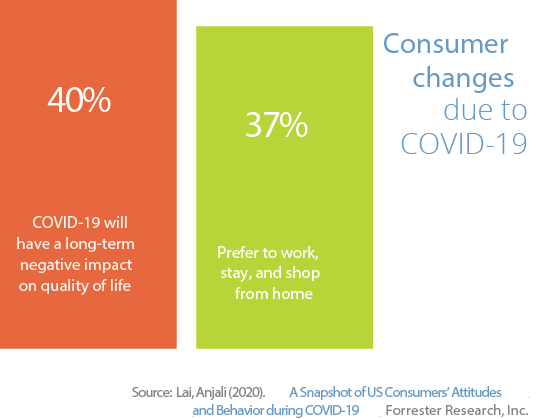
Keys to Economic Recovery from COVID-19
Community leaders emphasized the importance of public health messaging and precautions on both the individual and organizational levels. They identified mask wearing and rapid testing as major needs for their communities to be able to reopen and improve the local economy, especially in the leisure and hospitality industries, which are struggling under limited capacity. Community leaders also relayed concerns about the delayed financial impact on local governments as the federal CARES money dwindles. The community leaders described solutions they pursue, including local grants and loan programs to help sustain small businesses. They also emphasized the importance of regional and cross-sectoral collaboration in economic recovery, especially in larger communities.
+ Continue Reading Article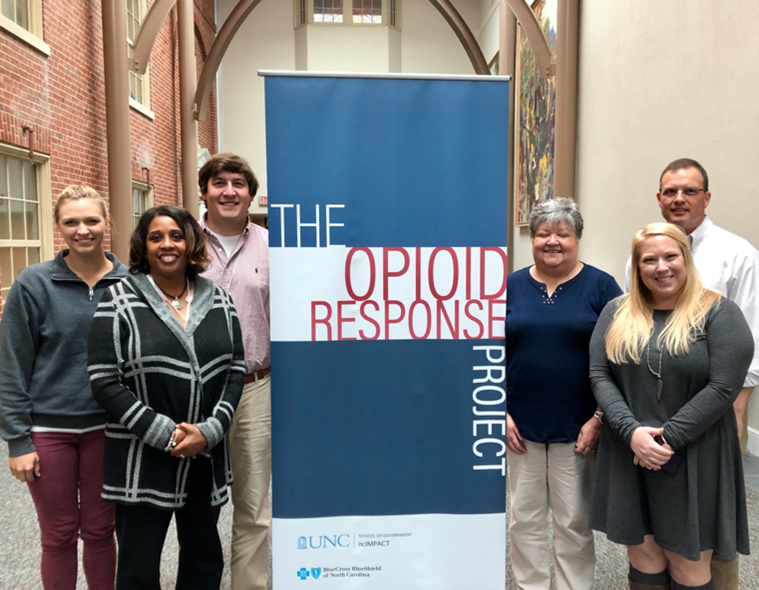
Opioid Response Project Team Spotlight: 2nd Judicial District
The statewide Opioid Response Project forums offered the teams support as they worked toward their collective impact goals. The team found the forums to be a great opportunity to get out of their silos and collaborate as a district.
+ Continue Reading Article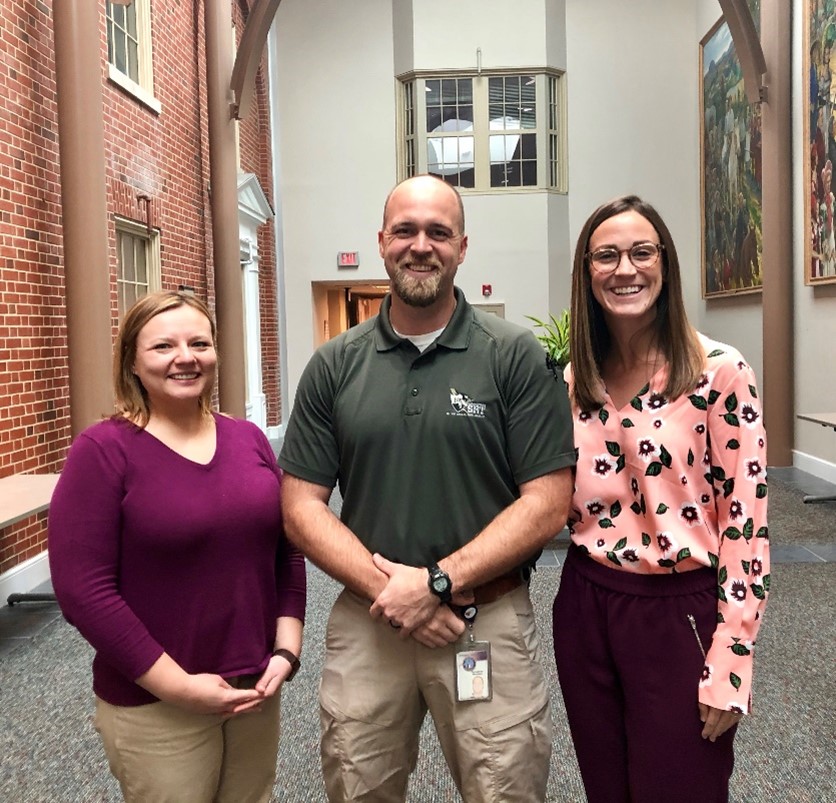
Cabarrus Mental Health Advisory Board – ORP Spotlight
The Cabarrus team is proud of their accomplishments and excited to have built what they hope is a sustainable collaboration for their county. In years to come, they hope to take action toward building a more supportive recovery community.
+ Continue Reading Article
Providing Opportunity for Youth – Scotland County
GrowingChange makes a difference in the individual lives of participants, as well as in the community as a whole. Youth cohorts are much less likely to be incarcerated and more likely to attend a college or trade school after participating in the program. These include Terrence Smith, who says that after being involved with GrowingChange, he can “handle himself in pretty much any situation, is more mature” and can become a “solution in his community, rather than a statistic.” The program’s model of youth leadership, prized by founder Noran Sanford, is a best practice for developing adolescents’ executive function and encouraging pro-social skills.
+ Continue Reading Article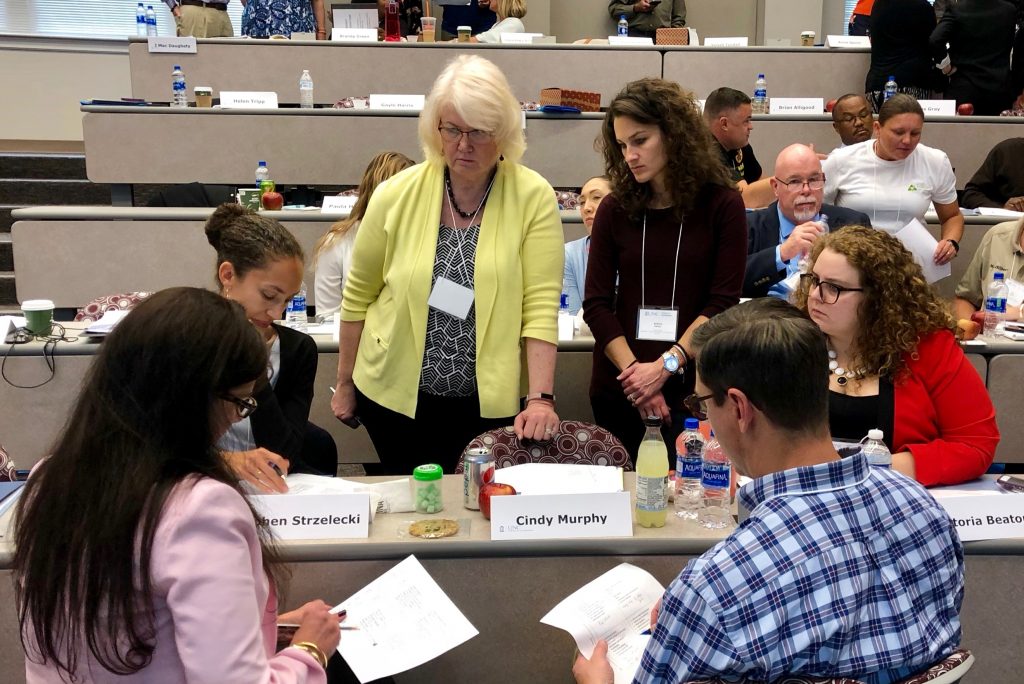
Mecklenburg County Opioid Task Force Spotlight
In such a large, urban community, the team faced challenges gaining attention as a top priority. Participation with the Opioid Response Project helped them better define their task force and the issue they were working to address. That focus helped them get more attention at the county level. The team was also quite large and composed of busy community leaders, so they benefited from the structure the Opioid Response Project provided. “We needed a system for holding us accountable for follow-through,” said Beaton.
+ Continue Reading Article
NC Local Government Early Responses to the Coronavirus Pandemic
Local government leaders are on the front line, helping their communities navigate a health and economic crisis whose duration is uncertain. The ncIMPACT Initiative’s COVID-19 survey sought to track how these elected and appointed leaders viewed their early COVID-19 world—and the actions they were taking to respond.
+ Continue Reading Article
Early Childhood Action Plans – Transylvania County
Families in Transylvania County and the surrounding area benefit from the work of Get Set Transylvania. With a high concentration of resources and strong support network for young children, the initiative encouraged some families, like that of Kadie Sanders, to move there after driving over one hour for a year to take advantage of the programming.
+ Continue Reading Article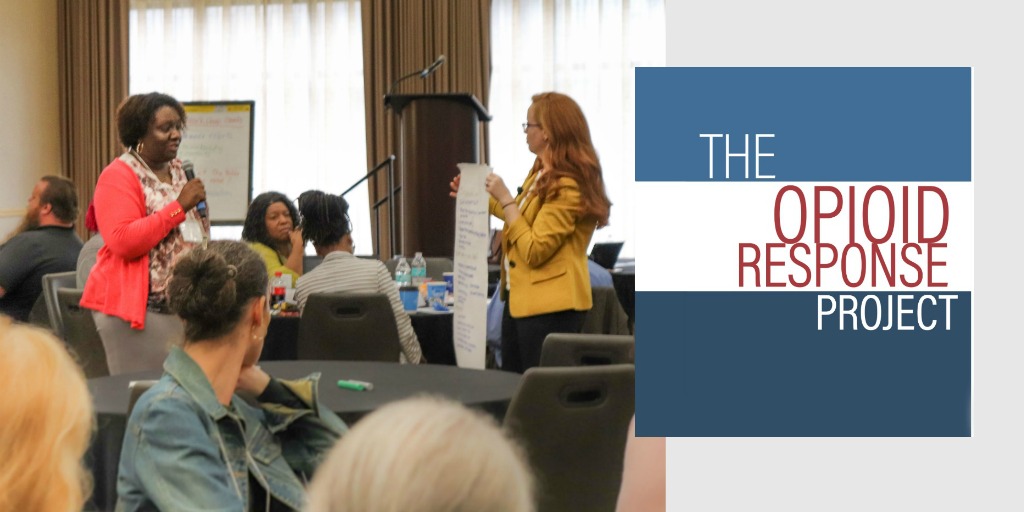
Forsyth Opioid Project Team Spotlight
Making new connections and sharing resources are the primary benefits from the Forsyth team’s experience with the Opioid Response Project. “We need new ways to rethink how we work,” said project manager Amanda Clark, a health educator with the Forsyth Department of Health. “There are resources out there but finding out what works well and how to implement new ideas can be a challenge. This project helped connect us, bringing the right people to the table to tackle big issues in new ways.”
+ Continue Reading ArticleSearch ncIMPACT content by county
Use the arrows below to search by county map or county list
